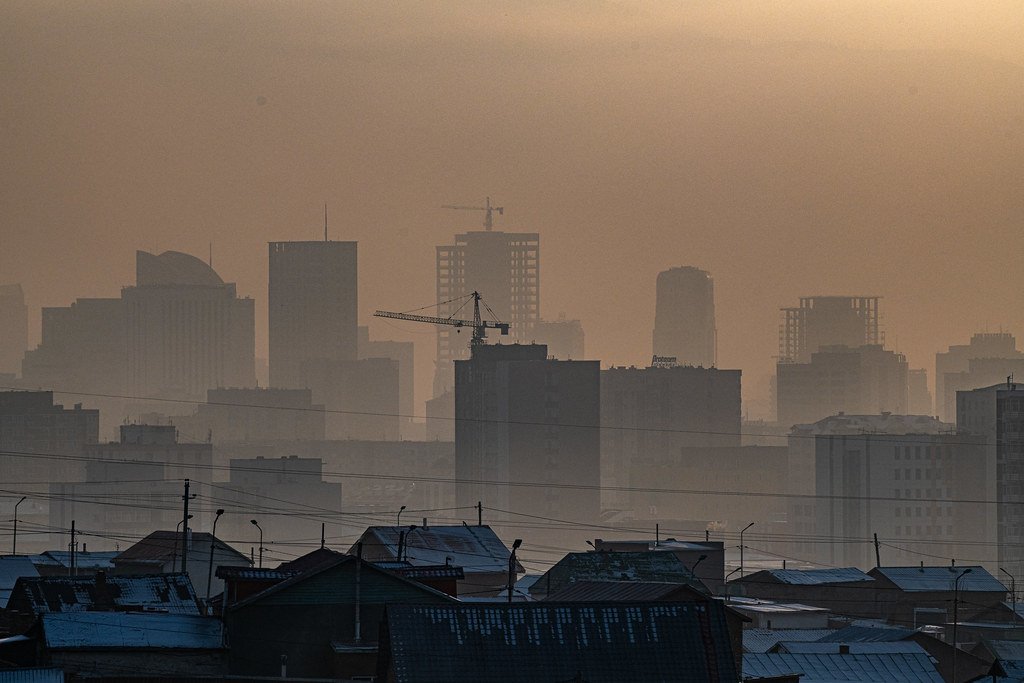Marginal improvement in Delhi-NCR's air quality this winter season despite record rain
Despite being the wettest winter, the overall winter average of PM2.5 has stayed elevated and the overall contribution of the local and regional sources are higher than that from stubble smoke, Somvanshi said.

- Country:
- India
Delhi recorded 25 ''severe'' air quality days this winter season – equalling the number of such days in 2019-20 – despite heavy and prolonged rains, according to an analysis by the Centre for Science and Environment.
The city also saw two days of 'good' air and seven days of 'satisfactory' air this winter, which is an improvement from the last winter season when no such low-pollution days were recorded.
This high variability in air quality this winter can be attributed to the increased number of heavy rainfall days and colder-than-usual weather.
The winter average of PM2.5 for Delhi stood at 172 micrograms per cubic metre (μg/m3), which is equal to the average of the 2019-20 winter season but is 9 per cent lower than the seasonal average of the 2020-21 winter.
Meteorologically, this winter was the wettest in recent years with almost two-three times more rainfall, bulk of which happened in January, compared to previous winters, making it the least polluted January since real-time air quality monitoring started in the city.
But this meteorological advantage did not give much reprieve to the city as a rapid build-up in between rainy spells and the formation of smog episodes during rainless periods kept the overall seasonal average very high, the green think tank said.
''Elevated pollution levels and smog episodes are evidence of the systemic pollution that has continued in the region due to inadequate infrastructure and systems for pollution control in all sectors.
''This can be tamed only if round-the-year action becomes more stringent and uniform across sectors and the region. Action has to be performance-based to meet the clean air standards,'' said Anumita Roychowdhury, executive director, Research and Advocacy, CSE.
Avikal Somvanshi, programme manager, Urban Lab Analytics, CSE, said, ''Even though there is considerable variation in seasonal averages across the region, winter pollution episodes are alarmingly high and synchronised in the region despite large distances.'' ''This is the challenge of this landlocked region. Despite being the wettest winter, the overall winter average of PM2.5 has stayed elevated and the overall contribution of the local and regional sources are higher than that from stubble smoke,'' Somvanshi said.
(This story has not been edited by Devdiscourse staff and is auto-generated from a syndicated feed.)
ALSO READ
Tragedy Strikes: Bike Taxi Driver Killed in Delhi Tanker Accident
Delhi's Bold Move: Expanding Metro to Combat Air Pollution
Fog Disrupts Delhi Airport Operations: Flights Cancelled and Delayed
Barcode Breakthrough: Beer Bottle Brawl Leads to Arrests in Delhi
New Timings to Combat Delhi NCR's Air Crisis










